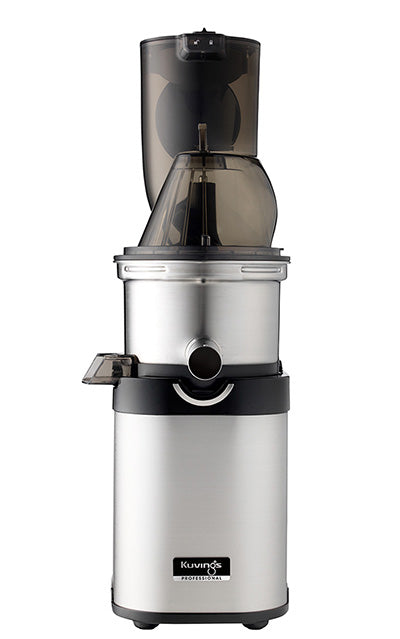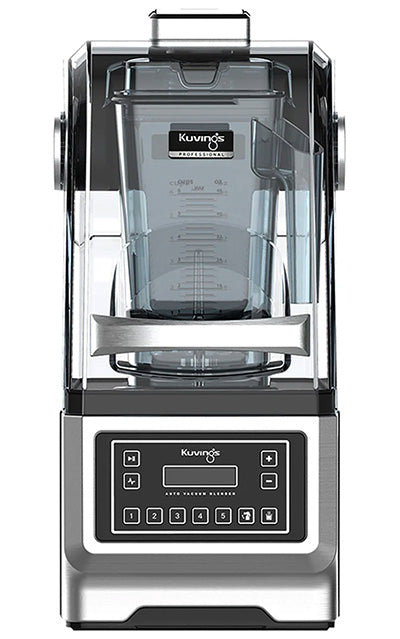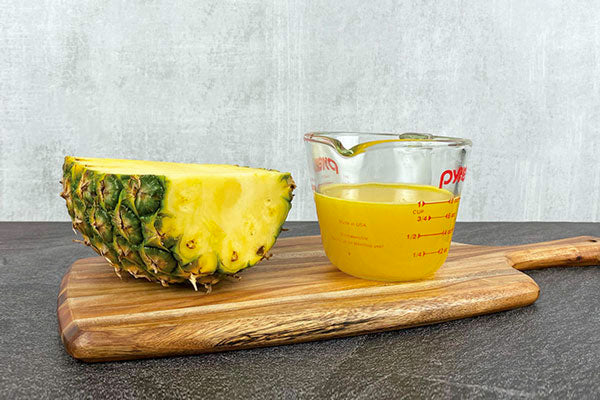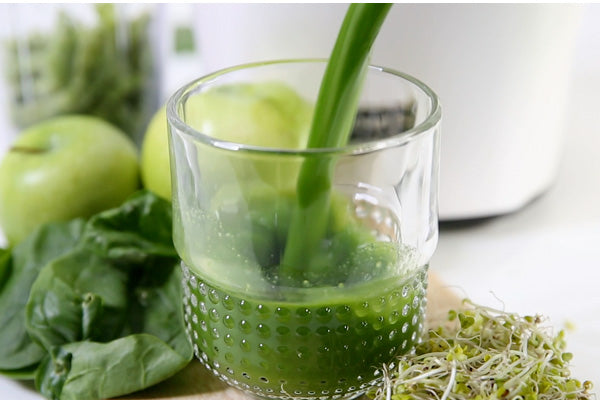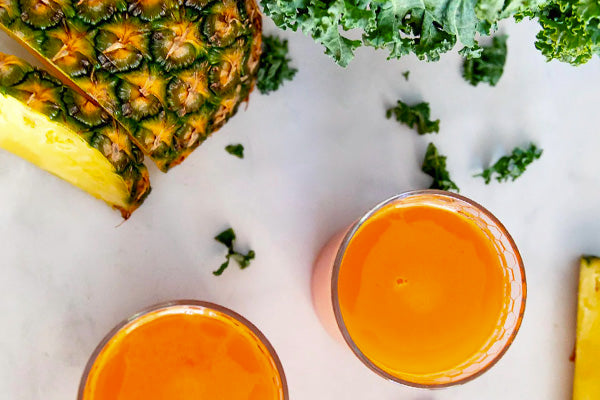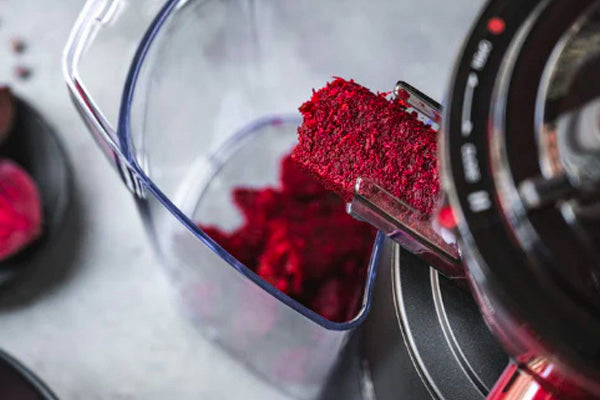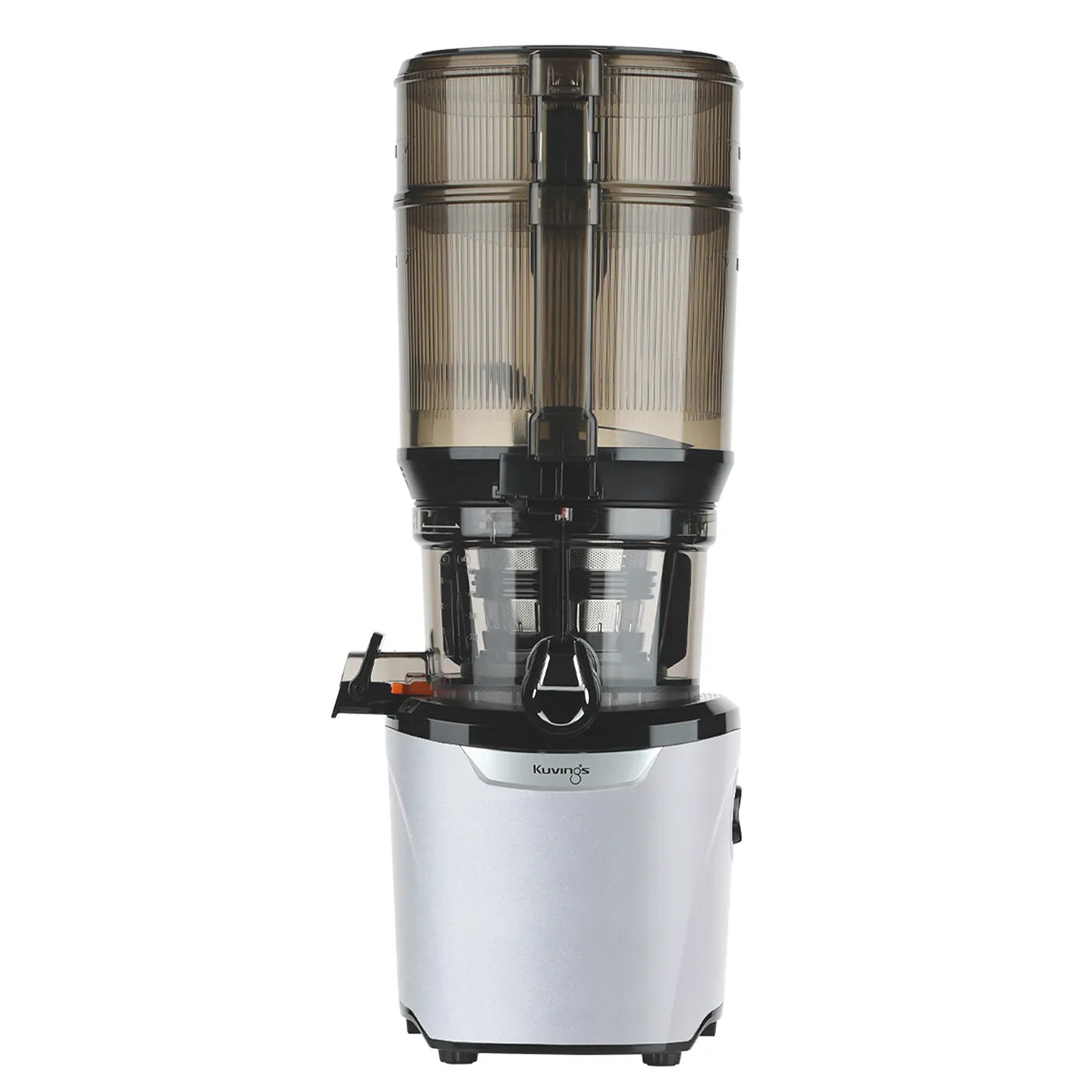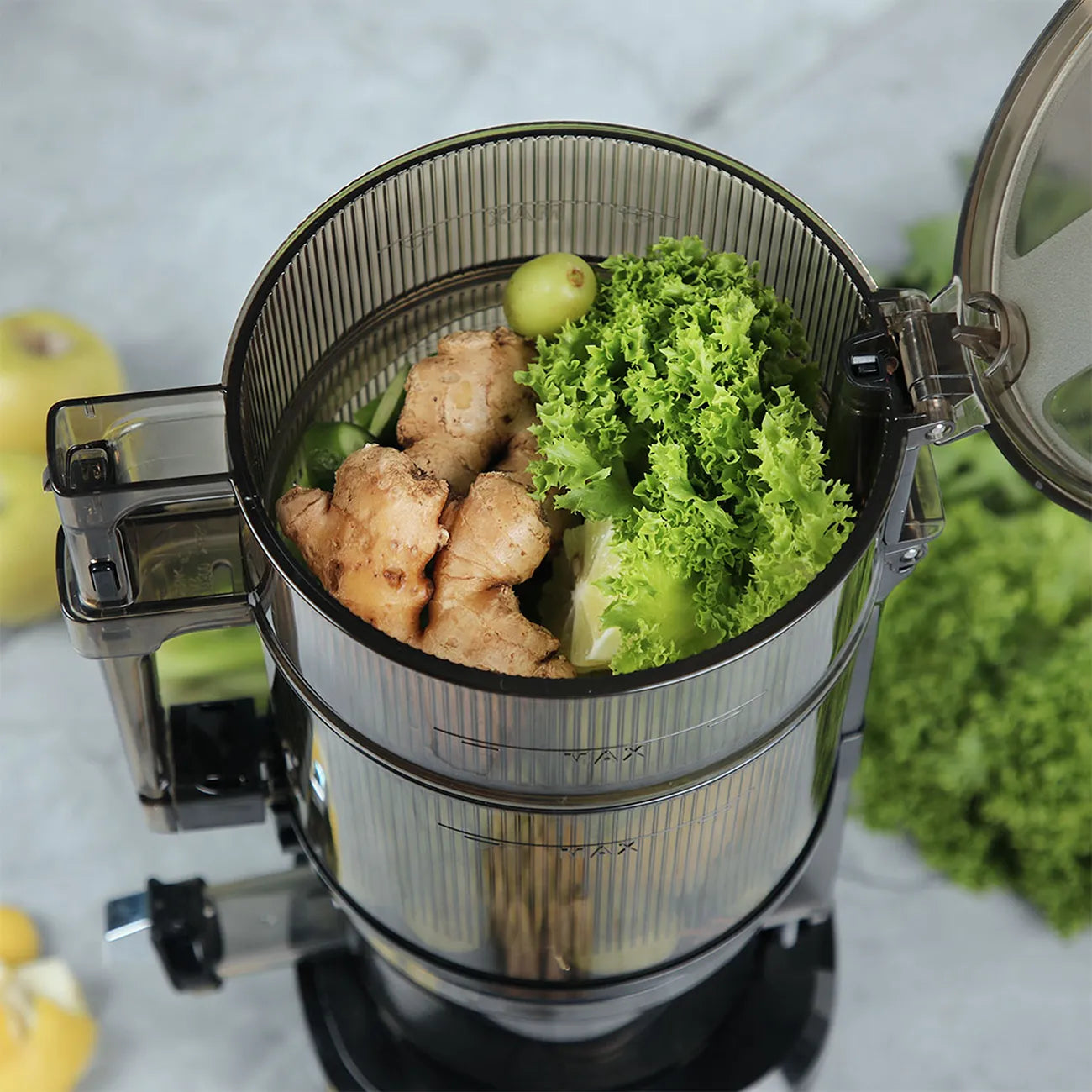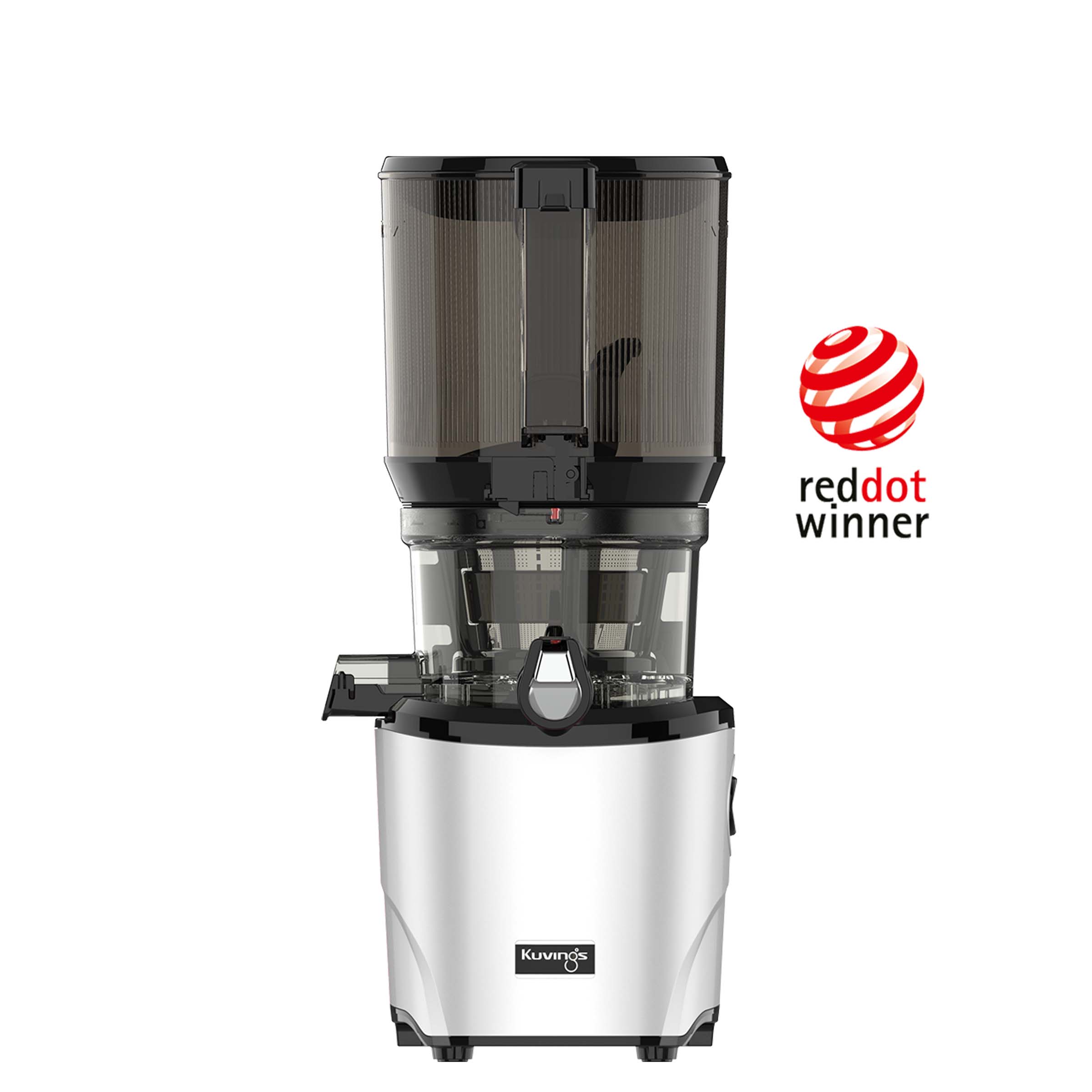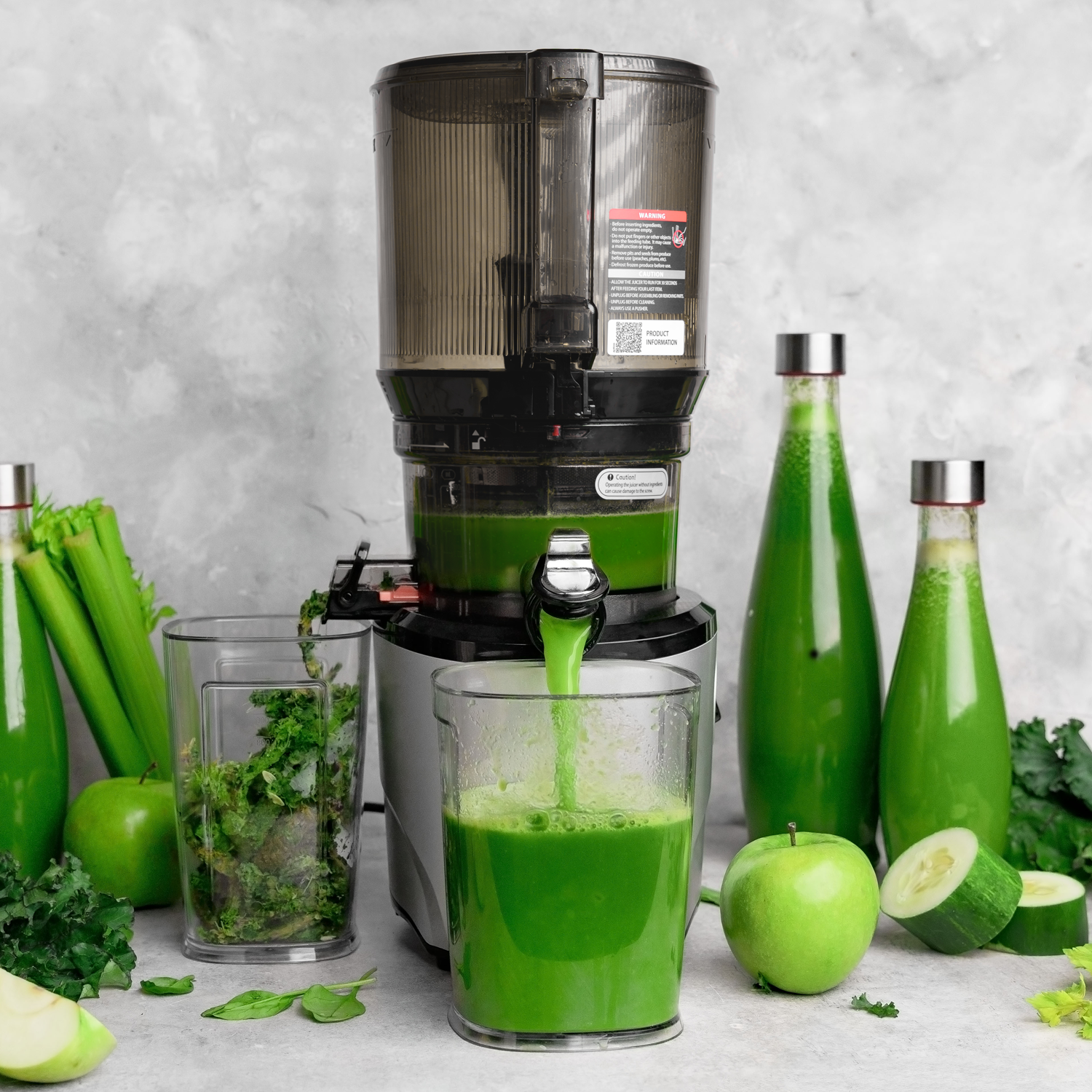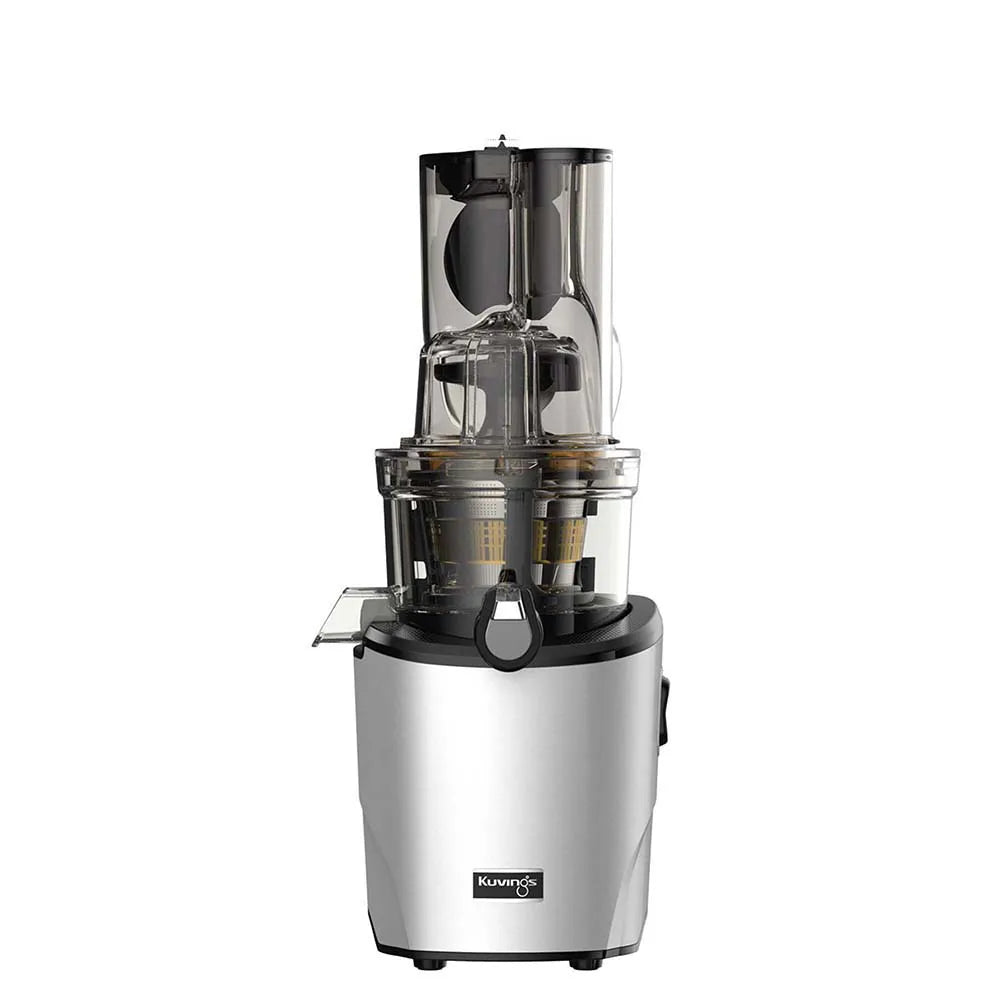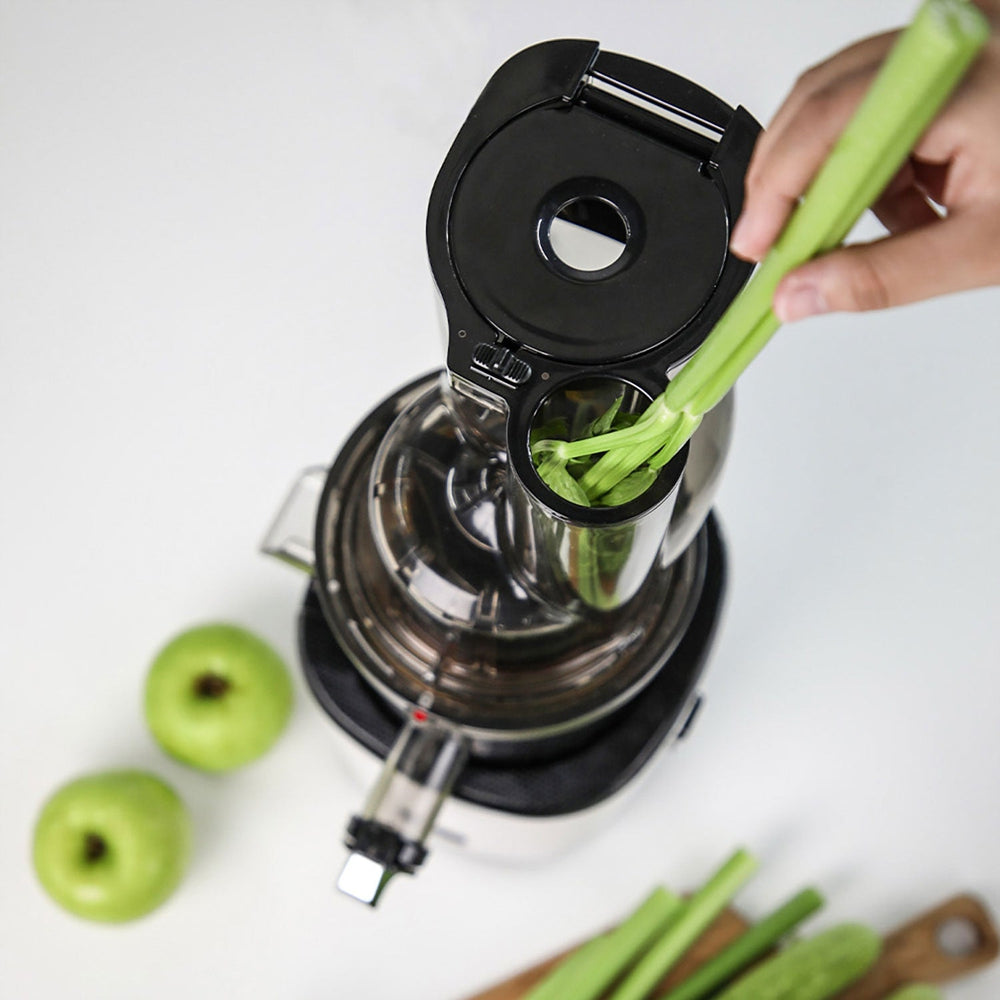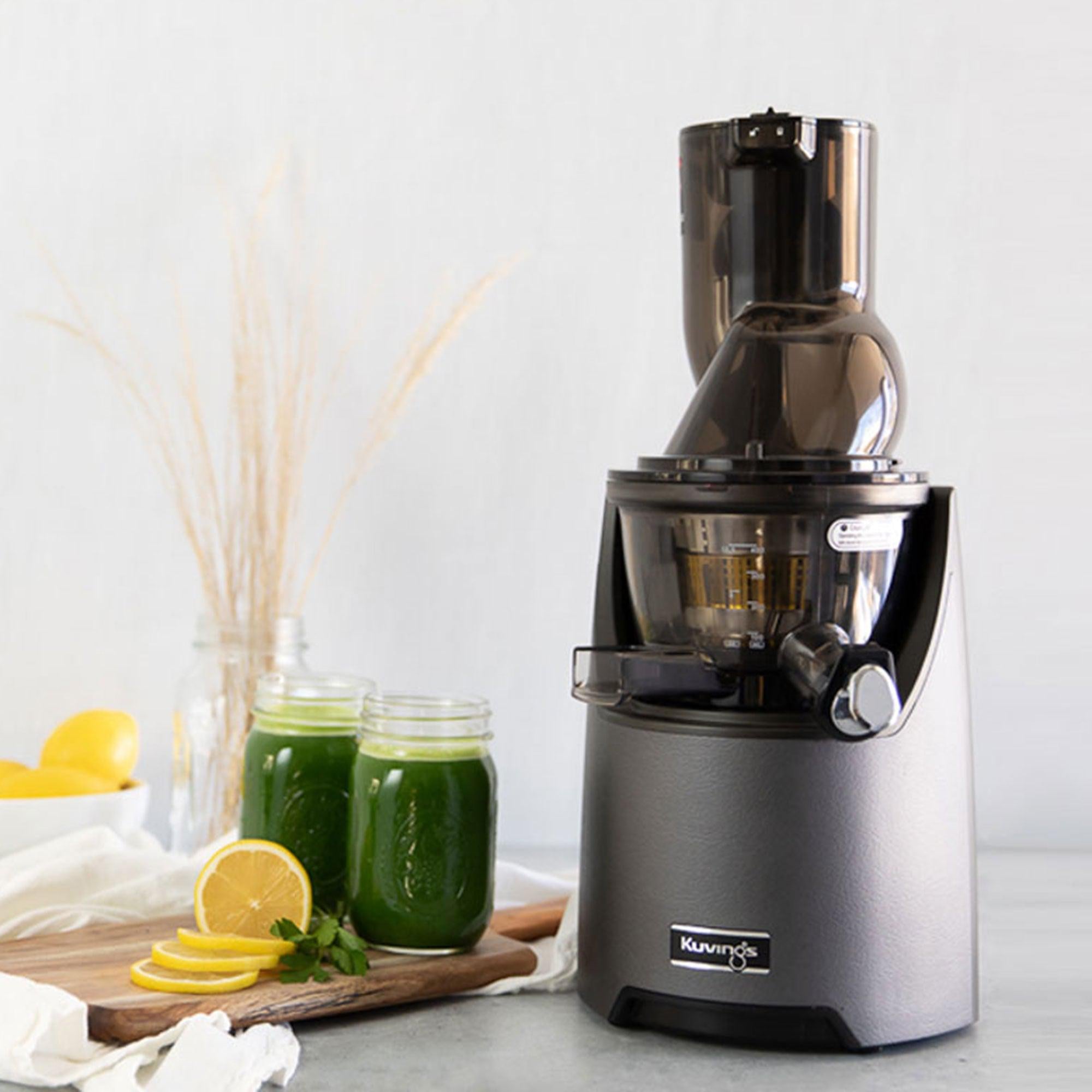Juicing is a key strategy to enhance your well-being, enabling increased consumption of nutritious fruits and vegetables. Cultivating the following juicing habits can significantly contribute to a healthier lifestyle.
1. Prioritize hydration
Boost your well-being by prioritizing hydration in your daily routine. Proper hydration regulates body temperature, lubricates joints, prevents infections, supports organ function, and facilitates waste elimination.
Drinking juice can be a beneficial strategy for staying hydrated, especially for individuals who aren't fond of plain water. While juice doesn't entirely replace water in your diet, it’s a flavorful and appealing alternative that supports hydration.
Consider juicing water-rich ingredients and adding spring or coconut water to your juices. You can also freeze your juice into ice cubes to drink with water.
Hydration through these methods can contribute to a more vibrant and health-conscious lifestyle.
2. Start batch juicing
Juicing also increases nutrient intake, aids in digestion, boosts immunity, and more. To experience the health benefits of juicing, it's crucial to consume juice regularly.
Although the ideal scenario is to juice daily, the reality is that daily juicing can be challenging. You may be more consistent if you juice 2 to 3 times a week rather than every day.
If you want to incorporate juicing into your routine without the daily hassle, consider the convenience of batch juicing. Batch juicing is preparing a large amount of juice at one time to consume over a few days.
Our Hands-Free Slow Juicer AUTO10 simplifies the batch juicing process because you can load entire recipes in the hopper, turn the juicer on, and walk away! It’s an effortless and time-saving solution for those aiming to maintain a consistent juicing routine.
3. Choose healthier alternatives
Opting for healthier substitutes in your diet can maintain your enjoyment of foods and beverages while minimizing concerns about their impact on your health.
Smoothies, sorbets, and plant milks are excellent replacements for milkshakes, ice cream, and dairy milk. These alternatives boast lower calories, fat, sugars, and carbs. They also cater to those with lactose intolerance or adhere to a dairy-free lifestyle.
Also, consider indulging in mocktails, or non-alcoholic beverages, as alternatives to traditional cocktails. Mocktails are great for reducing alcohol consumption and can be made with a juicer since their base ingredient is juice.
Our versatile juicers facilitate the transition to healthier choices by including strainers to create juices, smoothies, sorbets, and plant milks!
4. Juice more vegetables
In general, people don’t consume enough fruits and vegetables and are more likely to eat the former over the latter.
Juicing is especially convenient for increasing vegetable consumption as it eliminates the need to chew a sizable bowl of leafy greens while still providing nutrients and soluble fiber.
We advocate for crafting vegetable-heavy juices and incorporating fruits for flavor enhancement if needed. Juice vegetables like carrots, celery, beets, spinach, and kale to effortlessly elevate your intake of essential nutrients.
5. Store your juice properly
Good health is closely linked to the intake of essential nutrients. To ensure you consume the maximum nutrients from fresh juice, take note of how long juices last in certain conditions.
Juice is commonly stored in glass bottles, mason jars, and stainless steel bottles.
Fresh juice kept at room temperature lasts up to 2 hours, and refrigerated juice lasts up to 3 days. Freeze your juice for an extended shelf life of 3 months, either in ice trays or bottles—note to fill bottles halfway or two-thirds to accommodate liquid expansion during freezing.
Some also choose to vacuum seal their jars to prevent further oxidation. If you vacuum seal your jars, don’t fill jars to the brim to prevent liquid from being drawn into the vacuum.
Exceeding the recommended storage durations may result in spoiled juice that is unsuitable for consumption. Regularly check your juice for any changes in taste, color, or smell before fully enjoying it.
How to Store Your Juice
Discover how @brandonahmaud stores his juice in the video below!
6. Maintain a clean juicer
Maintaining cleanliness, especially with kitchen appliances, is crucial for promoting a healthy lifestyle.
Ensuring that kitchen appliances are kept clean prevents potential bacteria, viruses, and allergens from contaminating what you consume.
Immediately clean your juicer rather than allow it to linger in the sink, as this can lead to the hardening of pulp, negatively impacting your juicer's efficiency.
Prioritize cleanliness to safeguard your health and optimize the performance of your juicer.
How to Clean AUTO10
Watch how easy and quick it is to clean AUTO10!
Learn more tips on Sustainable Living and Money-Saving in our "Juicing in the New Year" series.
____
REFERENCES:
https://www.hsph.harvard.edu/news/hsph-in-the-news/the-importance-of-hydration/
https://www.cdc.gov/nccdphp/dnpao/division-information/media-tools/adults-fruits-vegetables.html.
https://www.lacademie.com/how-long-does-fresh-juice-last/
Image by Freepik



